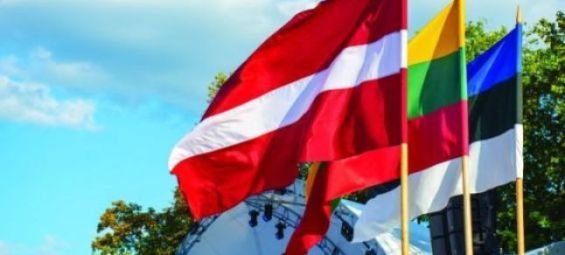Following Northern Europe, support for autonomy in the Sahara is now gaining momentum in the Baltic region. Estonia's endorsement of the Moroccan initiative, expressed on Monday in Rabat by its Minister of Foreign Affairs, is a significant development that strengthens Morocco's position with another European Union member state.
A few weeks earlier, Denmark, following Finland's lead, announced its backing for the Moroccan autonomy plan during the 79th session of the UN General Assembly in New York.
In recent years, Morocco has successfully convinced several European states to move beyond their «comfort zone» and adopt a more realistic stance aligned with Moroccan demands. After opening consulates in African and Arab countries, Morocco shifted its focus to Central Europe. This strategy of engaging with the Visegrád Group—Hungary, Poland, the Czech Republic, and Slovakia—has paid off. Notably, Morocco was invited to participate in a meeting of this regional bloc’s foreign ministers in Budapest on December 7, 2021.
Europe gradually aligns with Morocco
The Visegrád Group states, along with Slovenia, have expressed support for Morocco's autonomy plan for the Sahara. Austria, Luxembourg, the Netherlands, and Belgium have also shown alignment with this position, while Serbia, a non-EU member, went further by officially recognizing Morocco’s sovereignty over Western Sahara.
Rabat’s traditional allies in Western Europe are increasingly adopting a pro-Moroccan stance. Since March 18, 2022, Spain has consistently reaffirmed that the autonomy initiative is «the solution» to the Sahara question. In July, France officially acknowledged Morocco’s sovereignty over Western Sahara. While Germany has not yet taken this step, the ruling left-wing coalition in Berlin has supported Morocco’s autonomy plan since December 2021. Italy and Portugal are similarly aligned.
These growing expressions of support were evident in the EU’s reaction to the European Court of Justice’s rulings on October 4, which excluded the Sahara from agricultural and fisheries agreements with Morocco. This was further underscored by the communiqué issued at the conclusion of the European Union summit in Brussels on October 17 and 18.




 chargement...
chargement...












